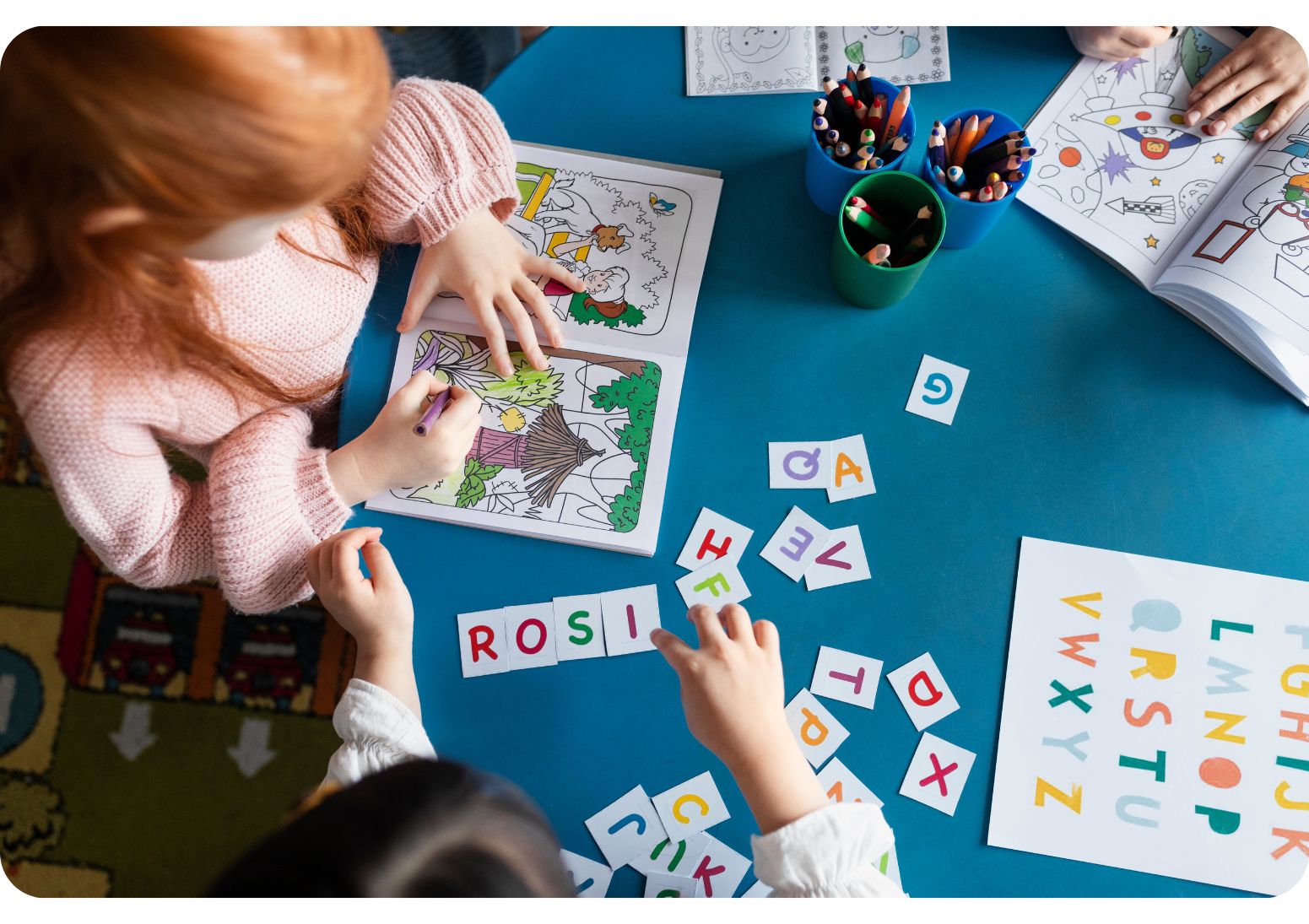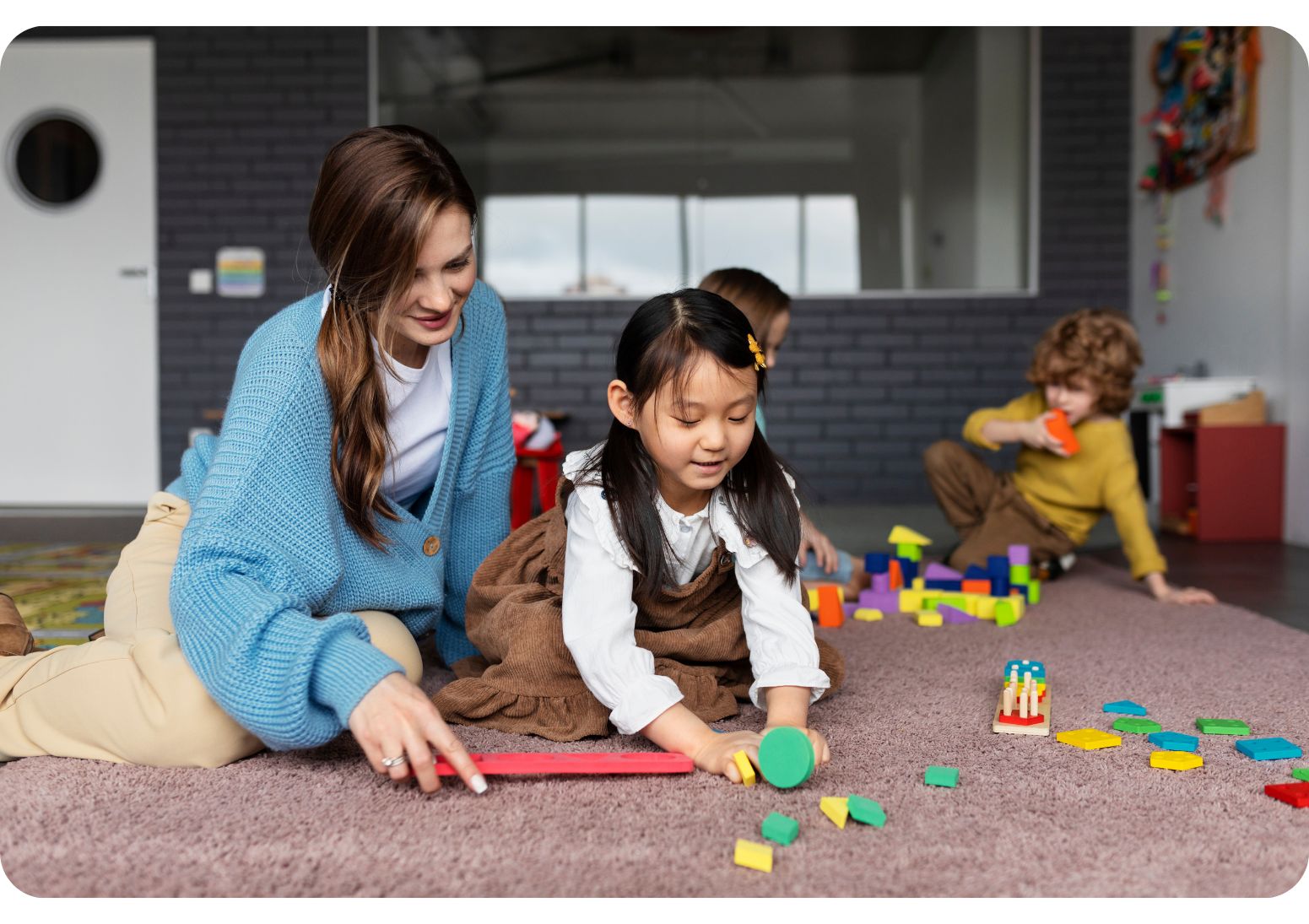
Every child has a unique way of growing and learning. Some grasp ideas quickly through visuals, others through hands-on experiences, and some through social interaction. This is the foundation of Montessori philosophy, an educational approach that values each child’s individuality and allows them the freedom to grow at their own pace.
What Is the Montessori Method?
The Montessori Method was first developed by Dr. Maria Montessori, an Italian physician and educator, in the early 20th century. She believed that children are natural learners. The role of adults is not to “teach” rigidly, but rather to create an environment that nurtures their curiosity so they can learn independently. In a Montessori classroom or setting, children learn through hands-on activities such as pouring water, stacking blocks, or caring for plants. These simple actions build concentration, independence, and responsibility essential life skills for their future.
The Core Principles of Montessori Education
- Learning Through Real Experiences
Montessori emphasizes active exploration. Children don’t just listen or watch, they touch, try, and experience for themselves.
- A Purposefully Prepared Environment
Every material in a Montessori classroom is designed to help children learn from their own mistakes and discover solutions independently, without constant correction from the teacher.
- Independence and Responsibility
Children are encouraged to choose their own activities, clean up after themselves, and respect others’ space and time.
- Teachers as Guides, Not the Center of the Classroom
In Montessori, teachers act more as observers and facilitators rather than lecturers, guiding each child according to their needs.

How Parents Can Apply Montessori Principles at Home
Montessori isn’t just for schools, parents can easily bring its principles into the home.
Here are a few ideas to try:
- Involve your child in daily activities. Let them help set the table, fold laundry, or water the plants.
- Create a child-friendly environment. Use low shelves so your child can access and put away toys independently.
- Use positive language. Instead of saying, “Don’t spill the water!”, try “Let’s pour slowly so the water stays in the cup.”
- Appreciate the process, not just the result. Focus on effort rather than perfection.
These small changes help children feel capable and trusted, building confidence and independence from an early age.
Why Montessori Is Relevant for Today’s Children
In a fast-paced digital world, children are easily distracted and lose focus. The Montessori approach acts as a gentle pause helping them learn at their natural rhythm, pay attention to details, and build focus. Moreover, Montessori education develops vital soft skills such as empathy, collaboration, and responsibility qualities that technology can’t replace. Montessori is not just a teaching method, it's a way of seeing children. By giving them guided freedom, trust, and a supportive environment, children grow into independent, confident, and joyful individuals.


